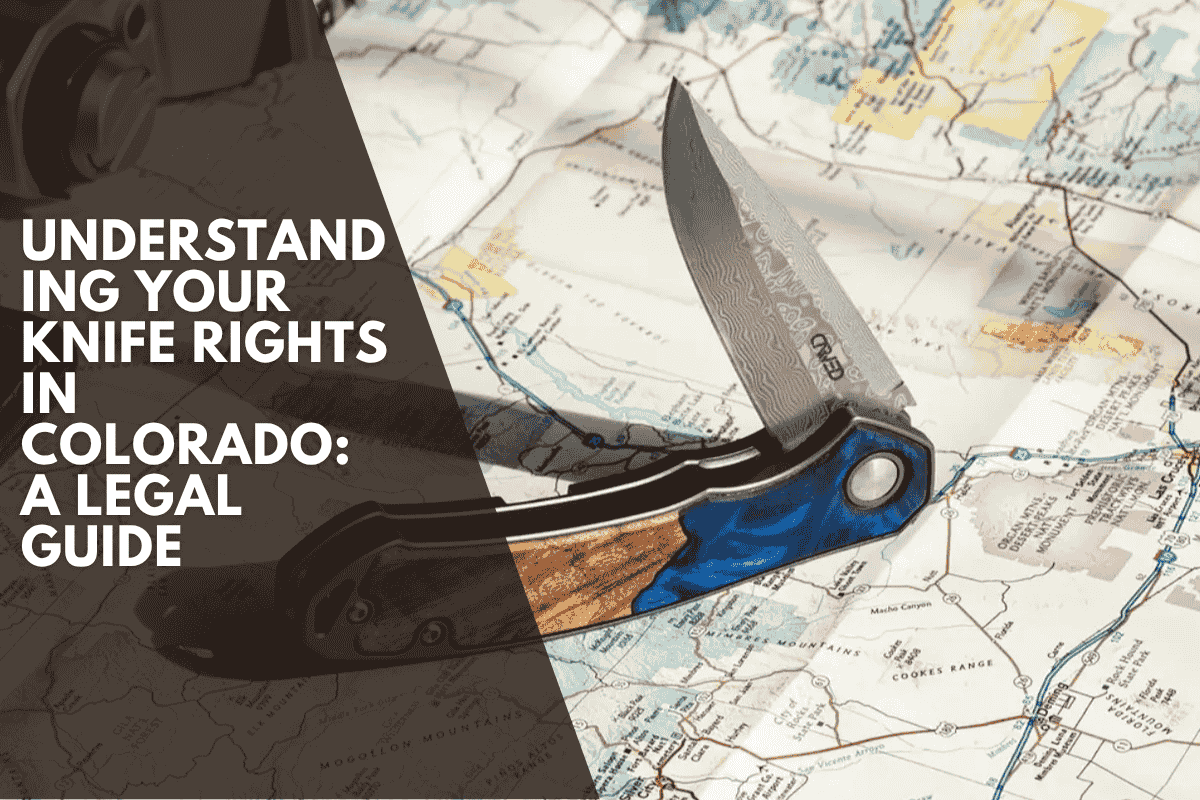Colorado’s knife laws are nuanced, balancing individual rights with public safety and shaped by both state statutes and local ordinances. Whether you’re a resident, outdoor enthusiast, or just passing through, understanding these regulations is essential to avoid legal trouble.
Open Carry: Broad Rights with Local Variation
In Colorado, you can openly carry most types of knives, regardless of blade length, as long as the knife is not specifically prohibited by law. This includes folding knives, fixed-blade knives, and hunting or fishing knives. However, certain knives—such as ballistic knives—are always illegal to possess or carry, whether openly or concealed.
It’s important to note that local governments have the authority to impose stricter regulations. For example, Denver prohibits the open carry of switchblades and gravity knives, and other cities like Boulder and Aurora have their own specific ordinances. Always check local laws before carrying a knife in a new municipality.
Concealed Carry: Blade Length Matters
Colorado law allows you to carry knives with blades under 3.5 inches concealed on your person. If the blade is longer than 3.5 inches, carrying it concealed is generally illegal and can result in a Class 1 misdemeanor, punishable by up to 364 days in jail and/or a $1,000 fine. There are exceptions for hunting and fishing knives when used for sporting purposes; these can be carried concealed regardless of blade length.
Automatic knives (switchblades) and gravity knives are legal to own and carry openly in most of Colorado, but concealed carry of these knives may be restricted by local ordinances, especially in cities like Denver.
Prohibited Knives and Knife-Free Zones
Ballistic knives are strictly prohibited statewide. Possessing or carrying a ballistic knife is a felony, with penalties ranging from one to six years in prison and substantial fines, depending on the offense.
All knives are banned from school property, regardless of type or blade length. Carrying a knife on school grounds is a felony offense and carries severe penalties.
Self-Defense and Lawful Use
Colorado law recognizes self-defense as a valid reason for carrying a knife, provided the knife itself is legal and all carry laws are followed. However, simply carrying a knife for self-defense does not override restrictions on blade length or prohibited knife types.
Local Ordinances: Know Before You Go
Because Colorado municipalities can enact their own knife laws, what’s legal in one city may be illegal in another. For instance, Denver’s knife laws are among the strictest in the state, banning certain knives that are otherwise legal elsewhere. Always research local regulations before carrying a knife in a new area.
Penalties for Violations
Violating Colorado’s knife laws can result in charges ranging from misdemeanors to felonies, depending on the type of knife, how it was carried, and where the violation occurred. Penalties may include jail time, fines, and a criminal record.
Key Takeaways
Open carry of most knives is legal statewide, but local ordinances may impose stricter rules.
Concealed carry is legal for knives with blades under 3.5 inches, with exceptions for hunting and fishing knives.
Ballistic knives are always illegal; all knives are banned on school property.
Local laws can be more restrictive than state law—always check before carrying.
Penalties for violations can be severe, including jail time and hefty fines.
By staying informed and respecting both state and local knife laws, you can exercise your rights responsibly and avoid legal pitfalls in Colorado.
Sources
[1] https://www.shouselaw.com/co/defense/laws/knife-laws/
[2] https://edc.ninja/colorado-knife-laws/
[3] https://www.battlbox.com/blogs/carry-laws/can-you-open-carry-a-knife-in-colorado
[4] https://www.tosahwi.com/colorado-knife-laws
[5] https://www.cospringslawfirm.com/blog/colorado-knife-laws/











